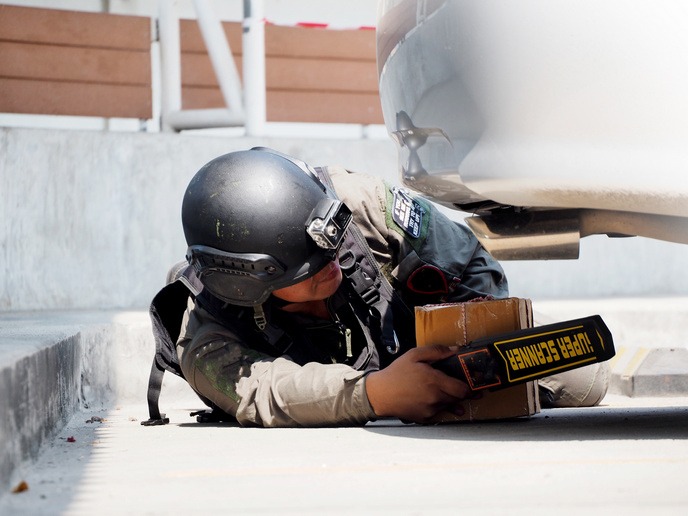An in-depth look at how intelligence cooperation actually works
As the threat of terrorism increases, so too does the need for efficient and effective counterterrorism measures. “Europe’s approach to counterterrorism has long been characterised by informal cooperation between countries’ intelligence agencies,” says Aviva Guttmann, a lecturer in Strategy and Intelligence at Aberystwyth University(opens in new window). But how do these informal intelligence networks work? To find out, Guttmann, through the EU-funded LINSEC(opens in new window) project, dived into the data.
Cooperation becomes the modus operandi for intelligence agencies
Guttmann’s research, which received support from the Marie Skłodowska-Curie Actions(opens in new window) programme, utilised correspondence from 18 intelligence agencies that are part of the Club de Berne, one of Europe’s most important multilateral intelligence sharing organisations. “These intelligence records allowed for a detailed analysis of the international relations between intelligence agencies, especially from the perspective of mid-level authorities,” explains Guttmann. Based on this in-depth analysis, Guttmann gained a much better understanding of how intelligence cooperation works. “This is an area that we know very little about, and this research has substantially advanced our understanding of how intelligence agencies interact internationally on counterterrorism measures,” she adds. For example, the research confirmed that the omnipresent threat of terrorism is the key initial driver for international security cooperation. “While this cooperation may start in reaction to a specific threat, over time it becomes driven more by a shared mentality that can last for decades,” remarks Guttmann. To illustrate, Guttmann points to the threat of Libyan-supported terrorism of the 1970s. “When the threat was new, individual agencies were overwhelmed,” she explains. “Realising they couldn’t understand the threat alone, they began to share as much intelligence with each other as possible.” As this cooperation continued, it became the modus operandi for intelligence agencies, resulting in the Club de Berne gradually increasing in importance.
Advancing our knowledge about intelligence cooperation
Not only have the project’s results been published in several academic journals(opens in new window), it’s work is among the first to study informal security networks using systematic documentary evidence. “With the support of EU funding, I have been able to advance the current knowledge about intelligence cooperation, which is among the project’s greatest achievements,” concludes Guttmann. Thanks in part to her work on the LINSEC project, Guttmann recently received a permanent academic position in Aberystwyth University’s world-renowned international relations department.







